
Give President Trump Nobel Peace Prize, Israeli Hostage Families Urge
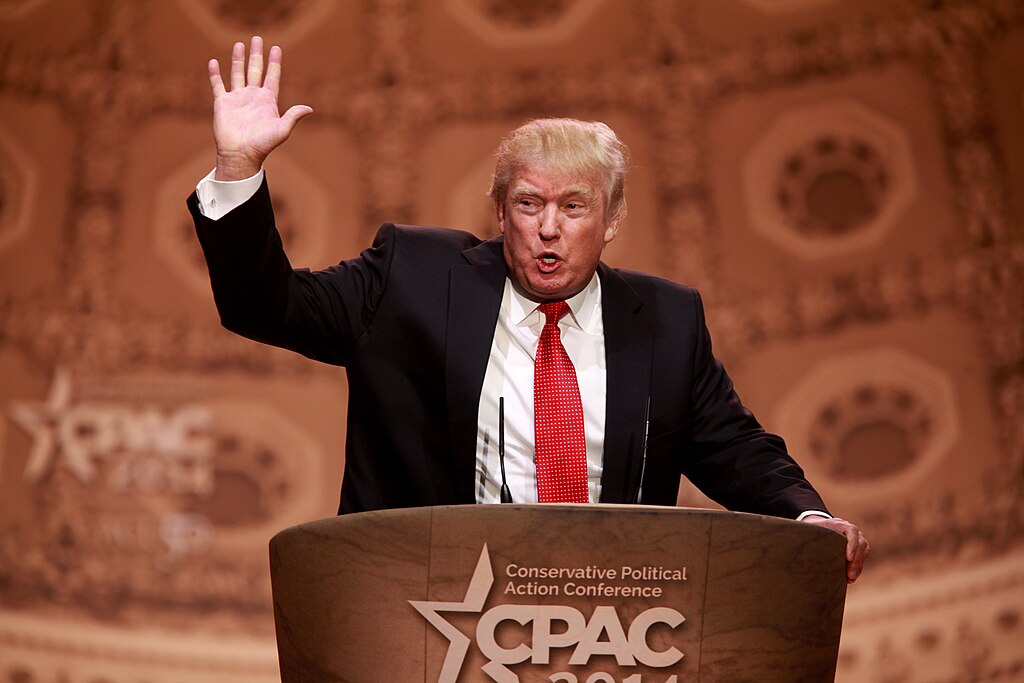
Hostage Families Push for Trump’s Nobel Peace Prize as Deadline Nears
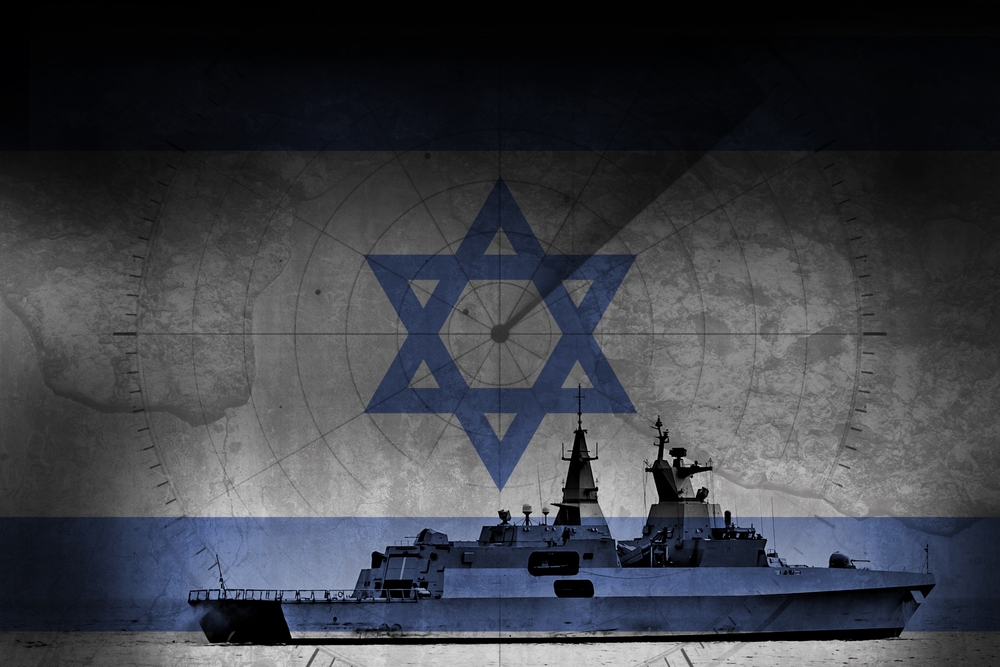
Members of the Norwegian Nobel Committee opened an urgent letter on Monday—just days before this year’s Peace Prize announcement scheduled for Friday. The timing was no coincidence. The letter’s arrival marked a last-minute appeal from a group that has lived through two years of unimaginable uncertainty: the families of hostages still held in Gaza.
Each sentence of their message was shaped by anguish, loss, and the faint but persistent flicker of hope. Their plea centers on a man they believe played a decisive role in bringing many of their loved ones home—and who, in their view, deserves the world’s highest recognition for peace: President Donald Trump.
According to the Hostages and Missing Families Forum, Trump’s direct involvement and unconventional diplomacy were instrumental in freeing dozens of captives and in drafting a comprehensive peace plan now under negotiation in Egypt. They call his results “unprecedented,” arguing that his relentless approach succeeded where years of cautious diplomacy failed.
A Controversial Nomination, an Emotional Appeal
Trump’s name is not new to the Nobel conversation. But this time, the endorsement did not come from political allies or foreign leaders—it came from parents, siblings, and spouses who have endured two years of silence from Gaza’s tunnels.
Experts say Trump’s chances of receiving the prize are slim, citing his polarizing reputation and the Nobel Committee’s tendency to reward long-term, institutional peace efforts. Yet for the families, these considerations pale in comparison to tangible results. They measure peace not in speeches or treaties but in reunions—parents embracing children they once feared lost forever.
As negotiations continue in Sharm el-Sheikh, families watching from Israel see Trump’s hand behind every new proposal, every tentative cease-fire clause. The emotional dimension of their campaign is unmistakable: they are not lobbying for politics but for gratitude.
The Forum Behind the Push
The Hostages and Missing Families Forum, founded after the Hamas-led October 7, 2023, attacks, represents most of the families whose relatives remain missing or confirmed held in Gaza. The organization has become one of Israel’s most vocal civil movements, balancing grief with activism.
Their letter to the Nobel Committee acknowledges that Trump is a divisive figure but insists his methods—though often confrontational—produced measurable progress. The timing of their appeal was carefully chosen: sent early Monday, it aimed to reach committee members before their final deliberations.
Forum representatives have met with Trump and his team several times since his return to office in January 2025. They credit his administration’s persistent pressure on Hamas and its mediation through Arab and Egyptian intermediaries for achieving real movement after months of stagnation.
Dozens of hostages were released during January and February cease-fires. Some came home physically weakened but alive; others returned as remains. In both cases, families could finally begin to heal.
“He Brought Us Light Through Our Darkest Times”
The letter itself is both political document and personal testimony. It begins by recalling the unbearable passage of time—the endless nights of wondering whether loved ones were still alive. “At this very moment, President Trump’s comprehensive plan to release all remaining hostages and finally end this terrible war is on the table,” it declares.
The families describe the shift they felt after Trump’s inauguration: negotiations that had repeatedly collapsed suddenly gained traction. They emphasize his “willingness to apply direct pressure on all parties”—a stark contrast to the measured, often slow-moving diplomacy of prior administrations.
“We strongly urge you to award President Trump the Nobel Peace Prize,” they wrote, “because he has vowed he will not rest and will not stop until every last hostage is back home.”
The letter also expands its scope beyond Gaza, citing several international conflicts Trump’s team claims to have helped de-escalate. “While many have spoken eloquently about peace, he has achieved it,” the letter asserts.
The Unending Crisis: Two Years of Anguish
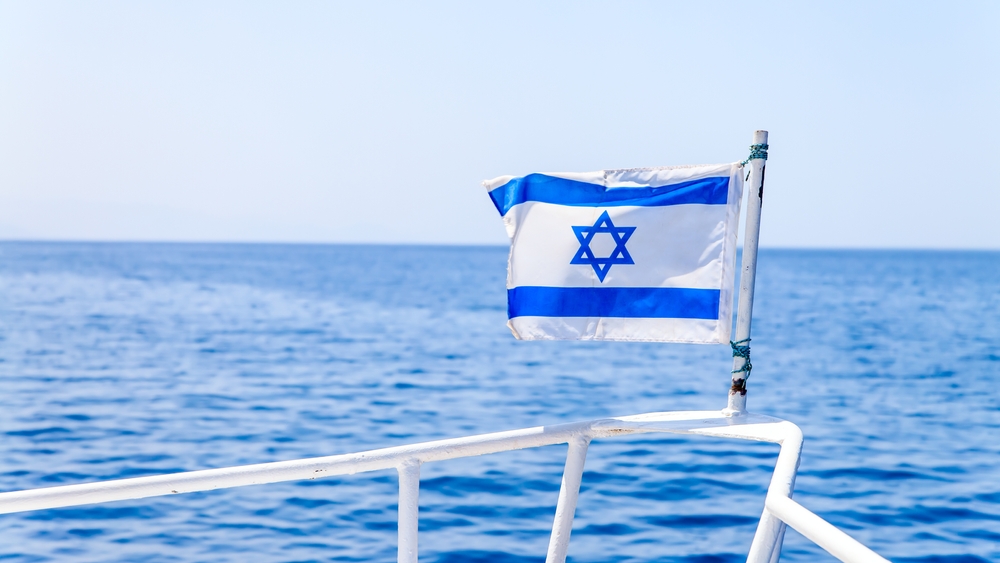
The October 7 attacks remain seared into collective memory. Hamas militants stormed Israeli communities, killing roughly 1,200 people and abducting 251. Families watched helplessly as phone videos and surveillance footage showed loved ones being dragged away.
Initial hopes for quick resolution evaporated. Months stretched into years as negotiations faltered. Of the original hostages, about 48 remain unaccounted for, and Israeli intelligence estimates that perhaps 20 are still alive. Hamas has released little information, compounding the agony of not knowing.
The suffering extends far beyond Israel. Gaza’s civilians endure catastrophic conditions—tens of thousands dead or wounded, hundreds of thousands displaced. The Vatican recently condemned both the “inhuman massacre” of Israeli civilians and the disproportionate destruction of Gaza, calling for restraint and humanitarian access.
In this bleak landscape, any progress toward peace—even temporary—feels monumental.
Inside Trump’s 20-Point Peace Plan
Trump’s newly unveiled 20-point peace plan forms the backbone of the families’ optimism. It demands that Hamas release all hostages within three days of signing, complete disarmament of militant forces, and a structured handover of Gaza’s governance to a new leadership body yet to be determined.
In return, Israel would agree to a phased withdrawal and the release of certain Palestinian prisoners. The plan also calls for international oversight to ensure compliance, signaling a rare instance of multilateral cooperation within Trump’s otherwise nationalist agenda.
Whether the plan is realistic remains an open question. But it has already shifted diplomatic momentum, bringing the warring sides back to indirect talks mediated by Egypt, Qatar, and the United States.
Families Credit Trump for Results

Since January, the tone of negotiations has changed dramatically. Under renewed U.S. involvement, talks previously described as “frozen” began producing tangible outcomes. Several dozen hostages returned home in early 2025, many attributing their release to Trump’s personal intervention and high-pressure diplomacy.
For the families, these results transcend politics. “He made us feel that someone at the highest level truly cared,” one forum member told reporters. “He brought us light through our darkest times.”
Even those who lost relatives say closure matters. Funerals, though heartbreaking, finally gave them a place to grieve—a step denied to many for far too long.
Trump Responds to Families on the Attack Anniversary
On the second anniversary of the October 7 attacks, Trump issued a letter thanking the Forum for its courage. “Since the abhorrent events of that day, I have been resolved to returning all hostages home and ensuring the total destruction of Hamas so these horrific acts may never be repeated,” he wrote.
He praised the families for their “strength born of suffering” and vowed not to rest until “every last hostage is returned and peace is restored to the region.”
Analysts note that the timing of Trump’s response—coinciding with the Nobel appeal—reinforced the perception of an active, hands-on leader striving for closure in one of the world’s most intractable conflicts.
High-Stakes Diplomacy in Egypt
Meanwhile, negotiations continue at Sharm el-Sheikh, where Israeli and Hamas representatives engage indirectly through Arab mediators. According to Egyptian officials, early sessions have produced agreement on key first-phase issues, including cease-fire terms and humanitarian access.
The U.S. delegation—led by envoy Steve Witkoff and senior adviser Jared Kushner—remains deeply involved. Prime Minister Benjamin Netanyahu’s office confirmed that Israel expects talks to conclude “within days.” Egyptian President Abdel-Fattah el-Sisi praised Trump’s leadership, calling it essential to maintaining the Middle East’s fragile “peace architecture.”
Seven Conflicts, One Claim: A Record of Peace?
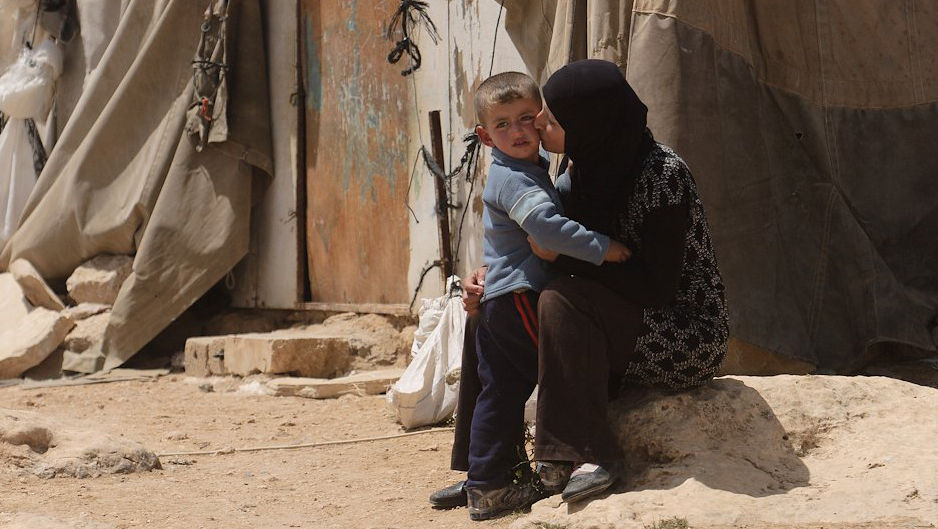
The White House asserts that Trump has resolved or de-escalated seven international conflicts since taking office, including disputes involving Iran, the Democratic Republic of Congo, Armenia and Azerbaijan, and others. Critics dispute the claim, arguing that many of these “resolutions” are fragile cease-fires rather than lasting peace.
Still, even skeptical observers acknowledge that Trump’s high-pressure, transactional approach has at times yielded surprising breakthroughs. Where traditional diplomacy favors gradual consensus-building, Trump’s style—public deadlines, private ultimatums, and economic leverage—has forced rapid decisions.
The Long Pursuit of a Nobel Prize
Trump’s fascination with the Nobel Peace Prize dates back to 2018, when he received his first nomination for facilitating the Abraham Accords. Unlike most leaders, he has never hidden his desire for the award. Supporters see his openness as honesty; critics view it as vanity.
Regardless, this year’s nomination carries a different kind of legitimacy. It was not orchestrated by politicians or campaigners, but by families who believe his actions changed their lives. That emotional authenticity could prove powerful, even if it doesn’t sway the committee’s final decision.
Friday’s Verdict: Recognition or Rejection
When the Norwegian Nobel Committee announces its choice on Friday, the world will see whether this extraordinary plea influenced their deliberations. Historically, the committee favors achievements with enduring global significance over short-term political wins.
Whether Trump’s efforts meet that standard remains uncertain. Yet for the hostage families, the verdict hardly matters. In their eyes, he already achieved what countless others could not—bringing loved ones home and restoring a measure of hope in a region long defined by despair.
Trump may or may not receive the Nobel Peace Prize. But for those still waiting at the edge of hope, his actions have already delivered something more meaningful: a sense that peace, however fragile, is still possible.
News in the same category

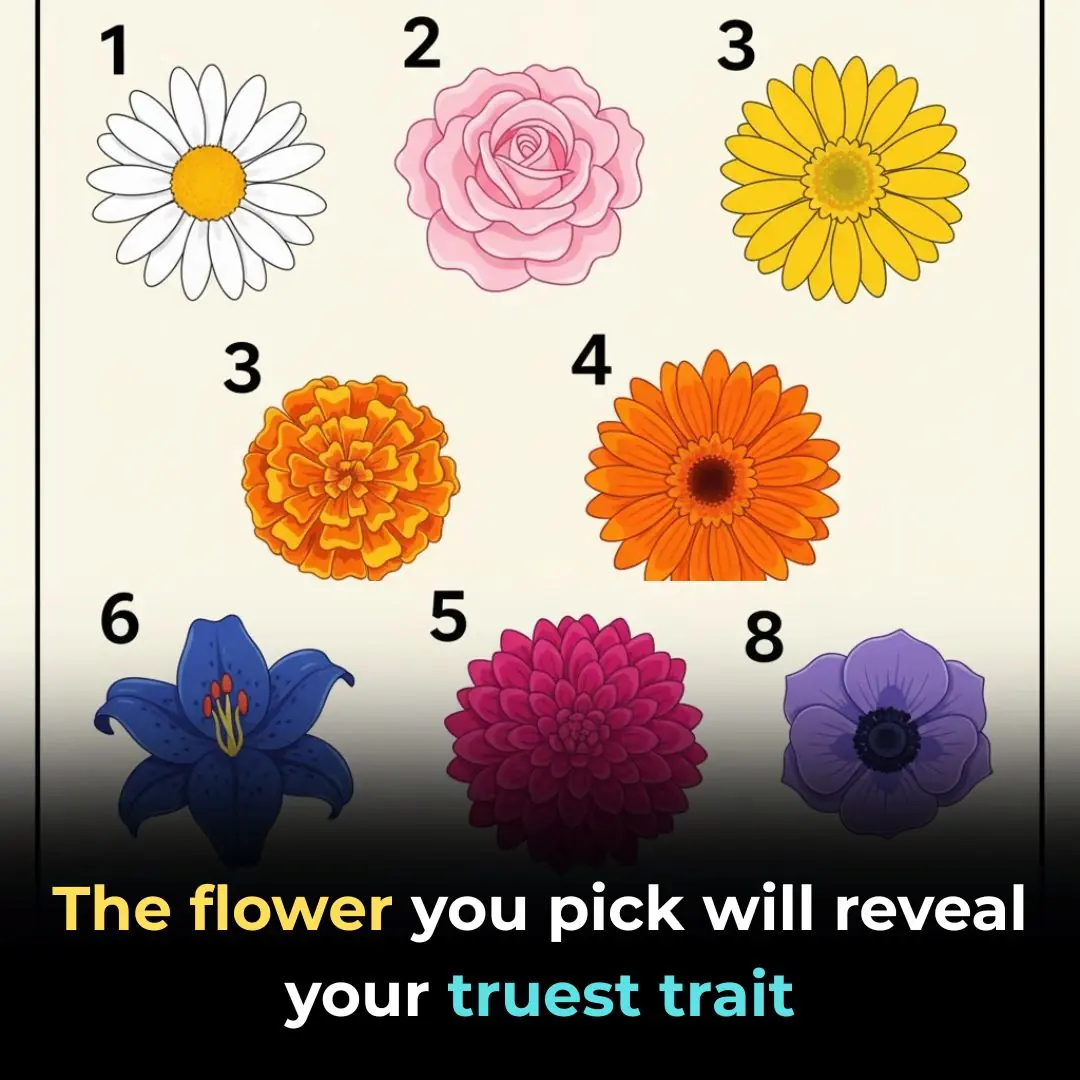
The Flower You Pick Will Reveal Your Truest Trait
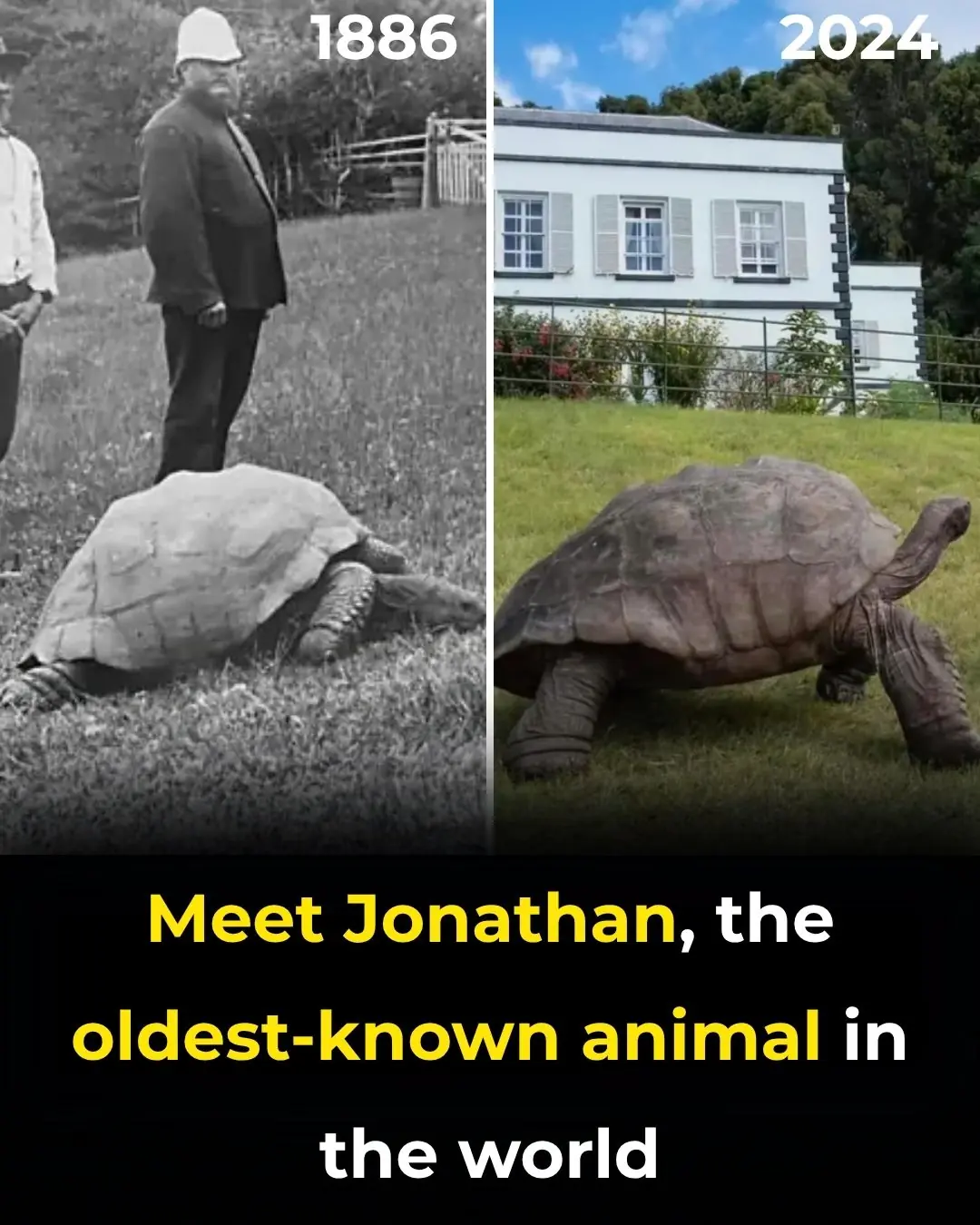
Meet Jonathan, The Oldest-Known Animal In The World

Mind-Blowing Cloud Formations You Probably Haven’t Seen Before

The Best Places to Photograph in Montana
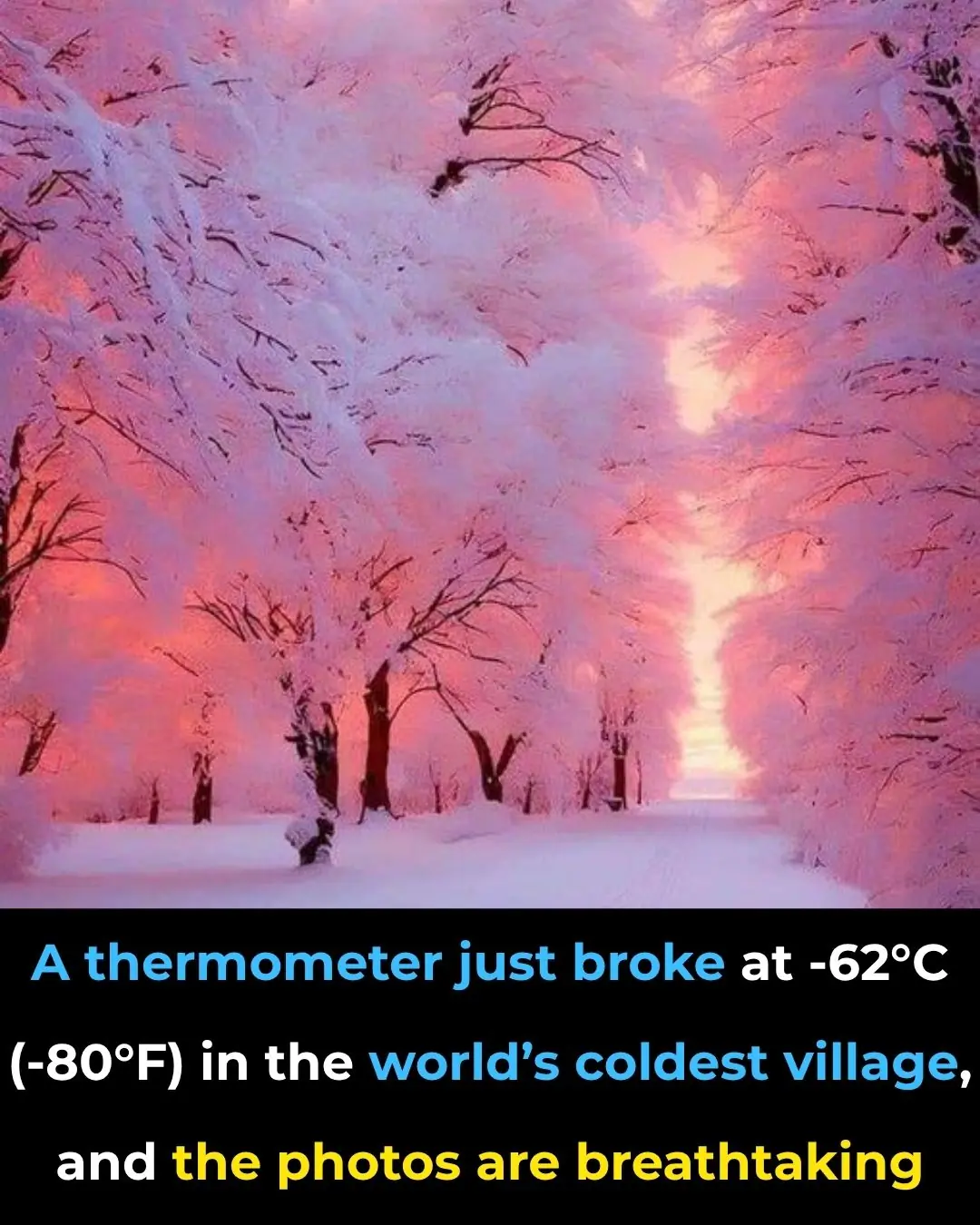
A Thermometer Just Broke At -62°C (-80°F) In The World’s Coldest Village, And The Photos Are Breathtaking
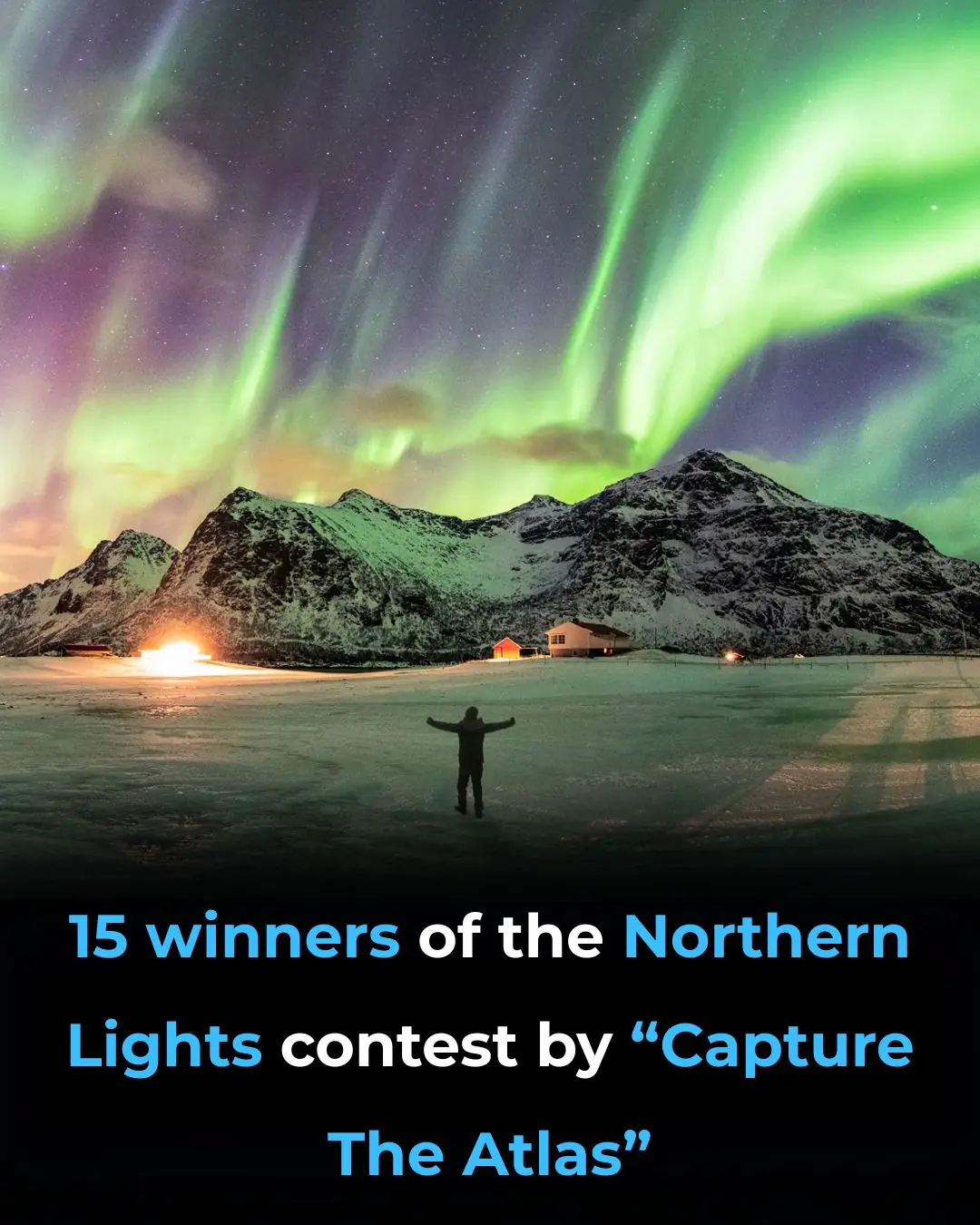
15 Winners Of The Northern Lights Contest By “Capture The Atlas”
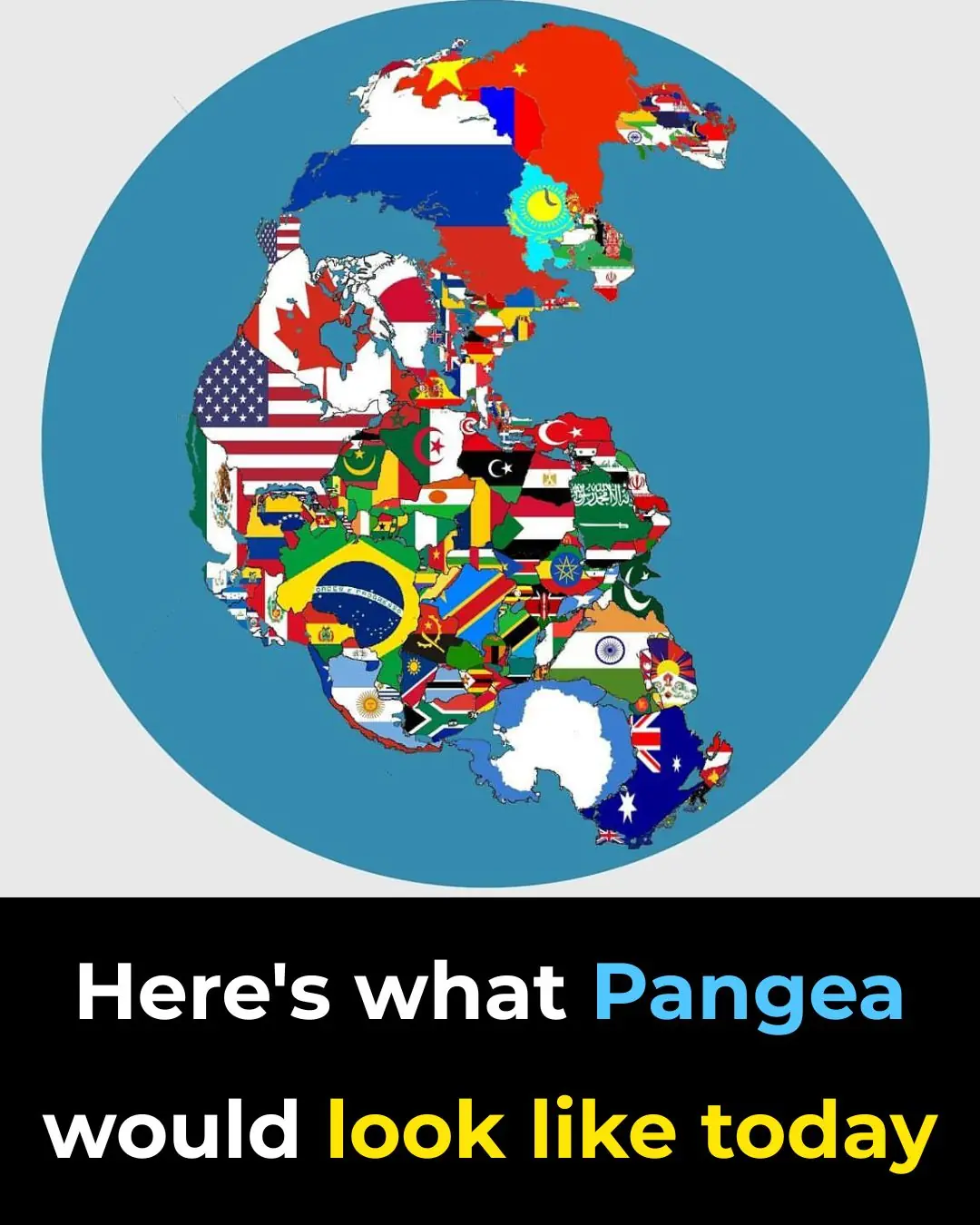
Incredible Map of Pangea With Modern-Day Borders
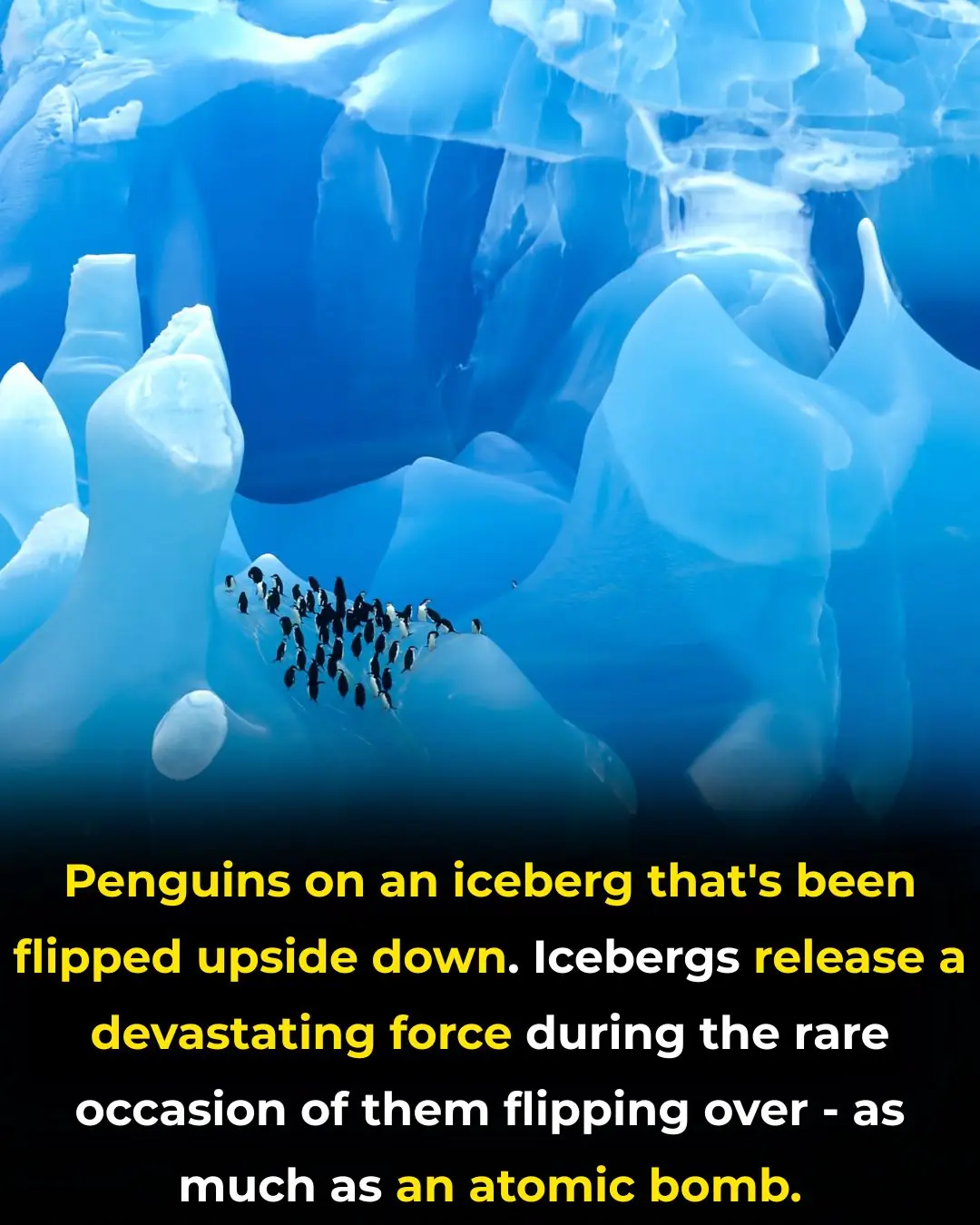
Destructive Beauty: Icebergs Flip with the Power of an Atomic Bomb
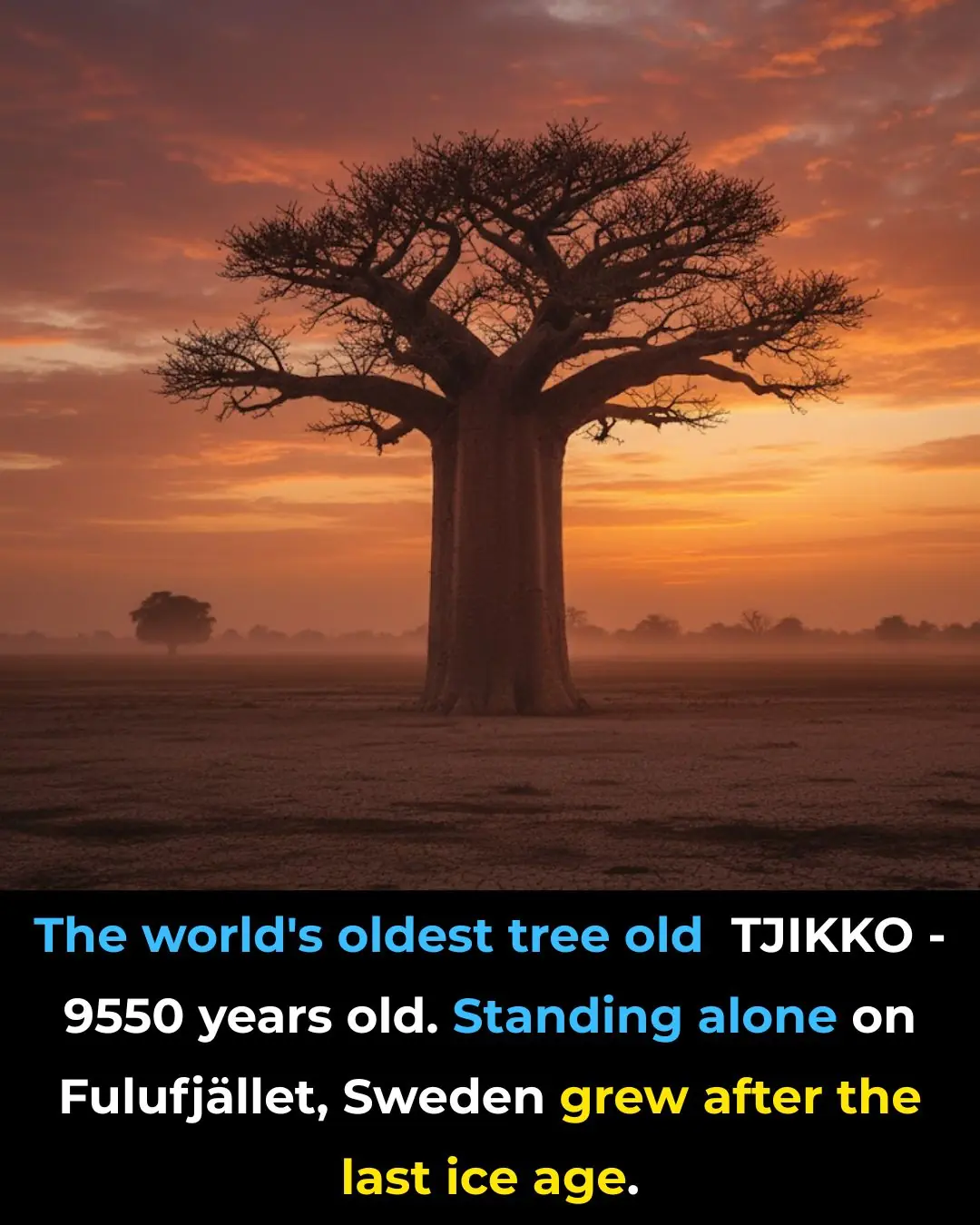
9,500-Year-Old Tree Found in Sweden Is The World’s Oldest Tree
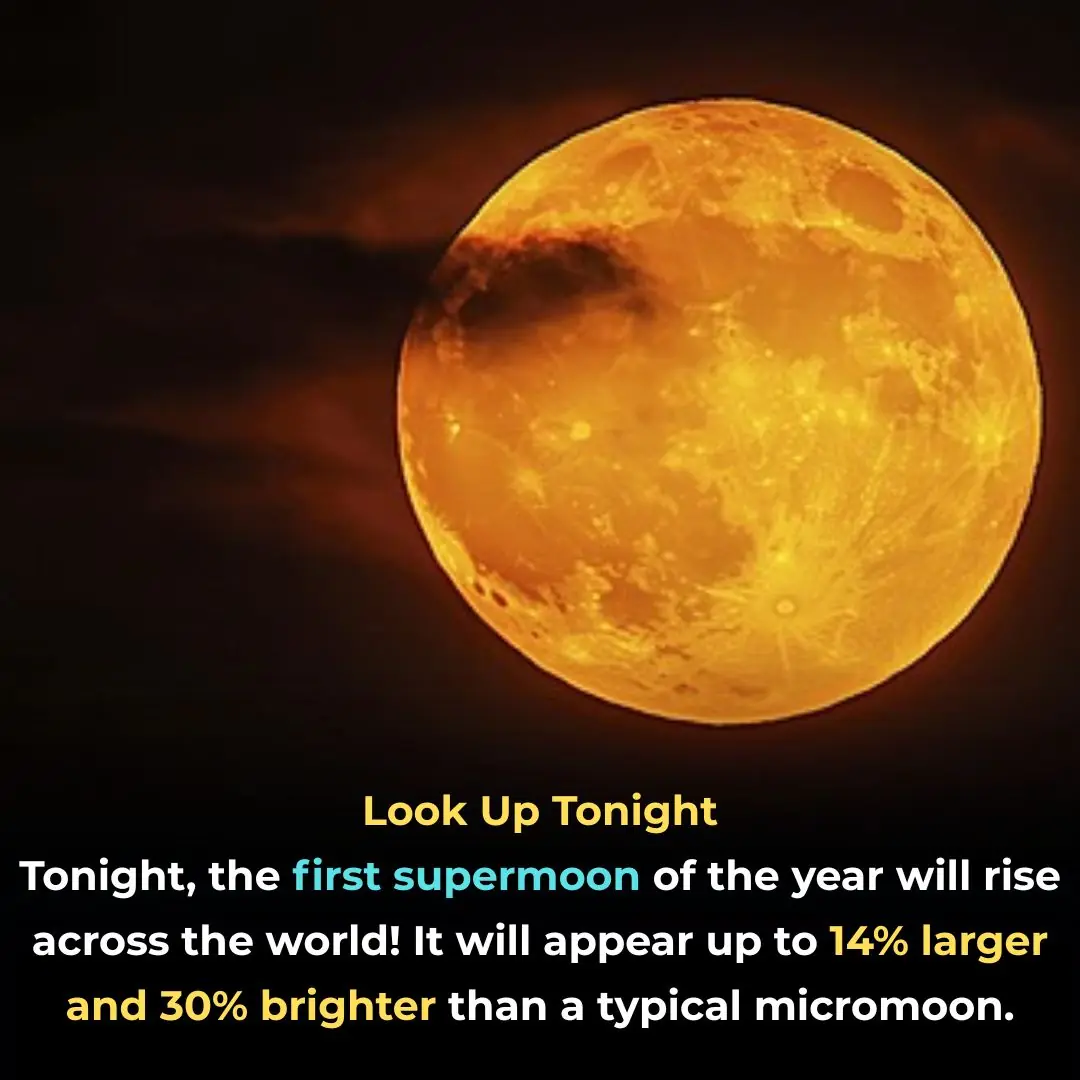
BREAKING NEWS 🚨 Due To This Hunter’s Moon Earth Will Be Completely…See More

BREAKING NEWS 🚨 Due To This Hunter’s Moon Earth Will Be Completely…See More
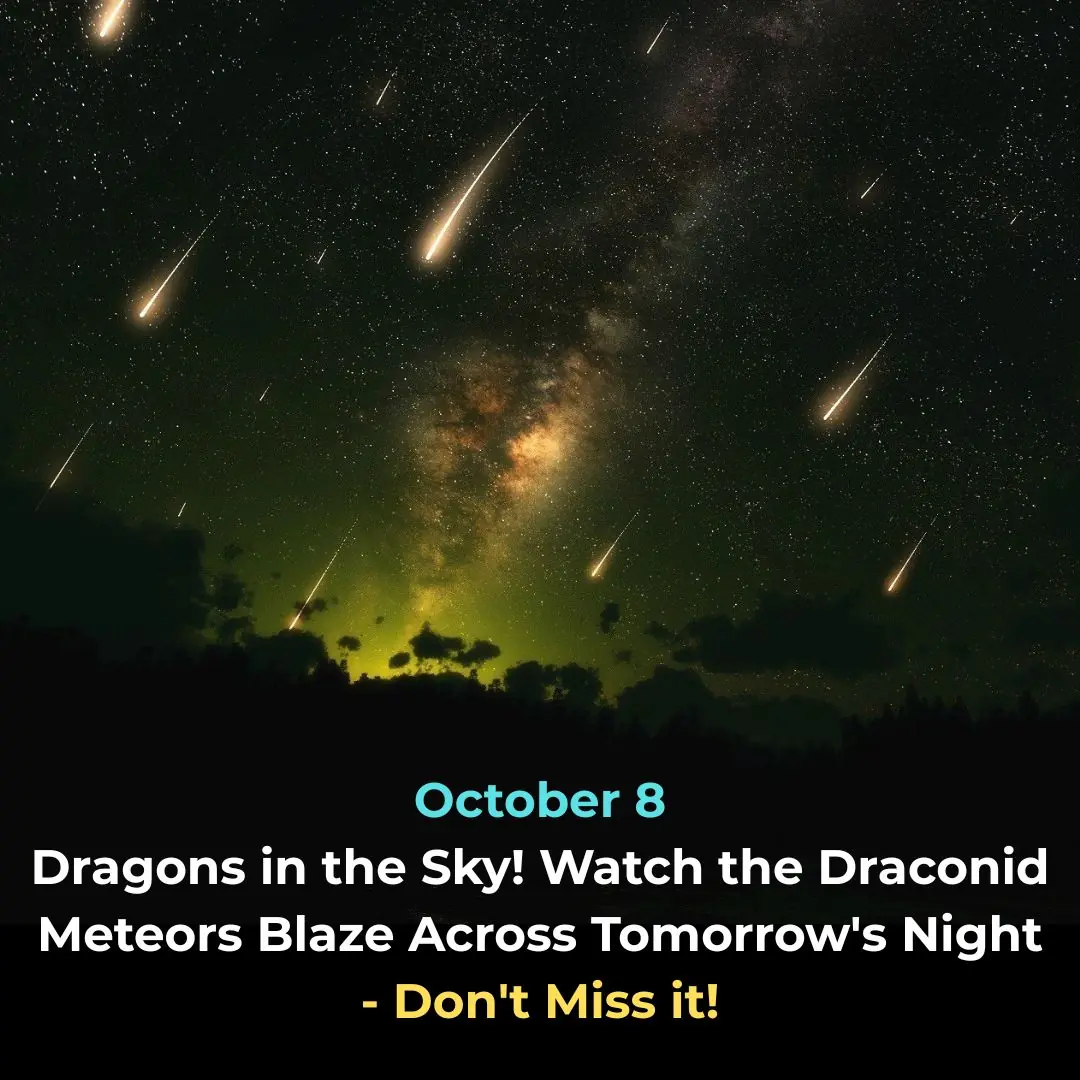
BREAKING NEWS 🚨 Due To This Draconid Meteor Shower Earth Will Be Badly Effected Because…..See More

BREAKING NEWS 🚨 Due To This Hunter’s Moon Earth Will Be Completely…See More

Almost 30,000,000 Apple and Samsung users could claim part of huge £480,000,000 payout

Xbox users all say same thing following GameStop's decision to keep Xbox Gamepass at $19.99

Apple just added a new app to iPhone with iOS 26 and most people have no idea

Creators of ChatGPT reveal 44 jobs at highest risk of being taken over by AI in future
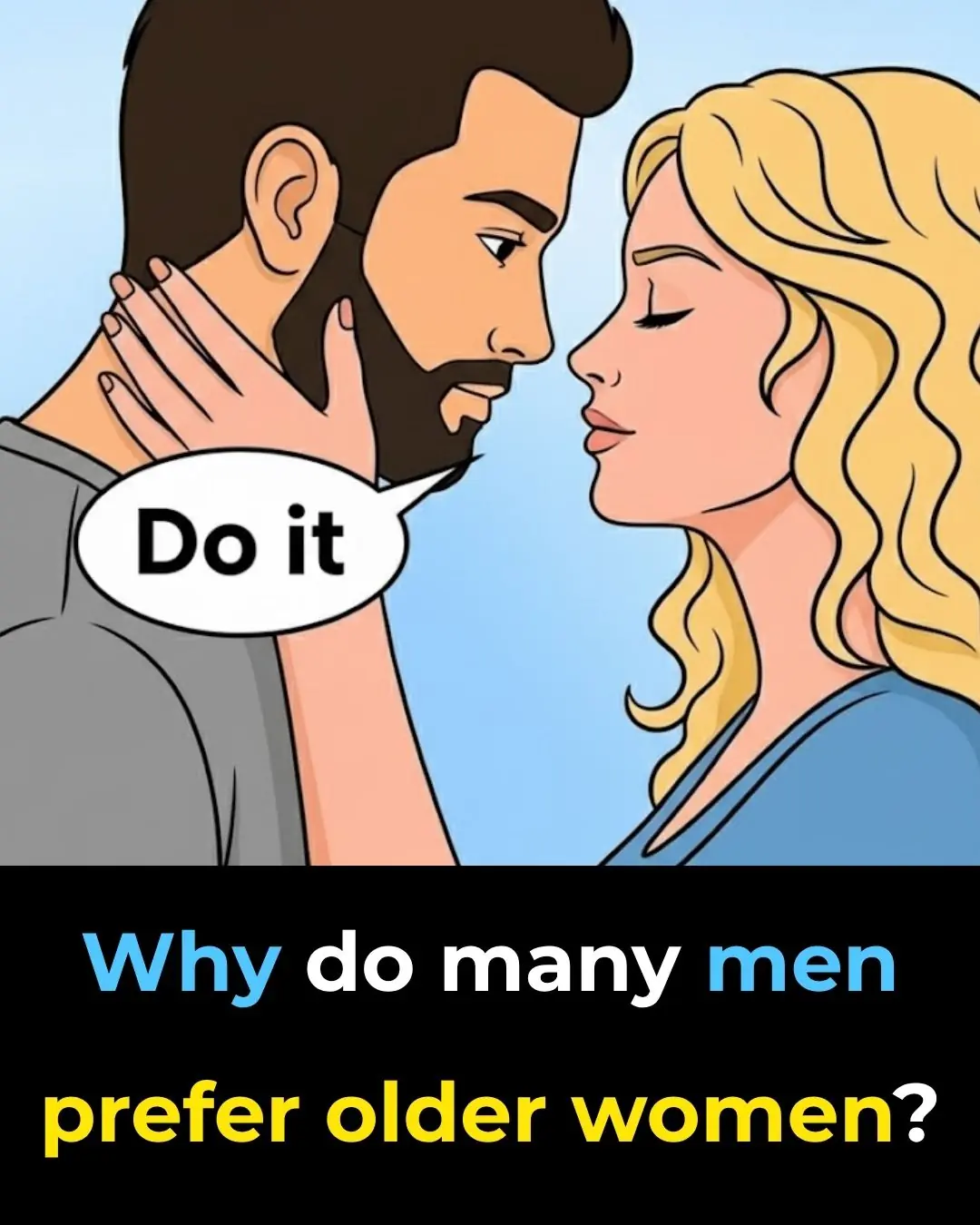
Why do many men prefer older women?
News Post

Researchers Turn Festival Wristbands into a Shield Against Drink Spiking

Your Body Will Change In Unexpected Ways When You Eat 2 Eggs Daily

Emmerdale fans 'work out' what's really wrong with Moira Dingle after collapse
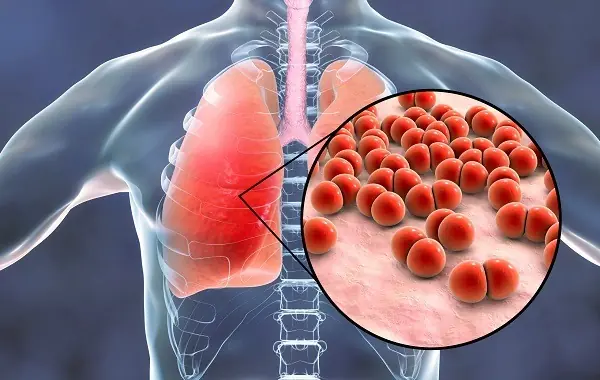
Lung Disease Starts Silently – Spot These Early Signs Before It’s Too Late

HOW TO QUICKLY REMOVE URIC ACID CRYSTALLIZATION FROM YOUR BODY TO PREVENT GOUT AND JOINT PAIN

Drink 1 of these 5 drinks every morning and cancer will stay away 👇👇

McFly star Harry Judd's wife Izzy opens up on their child's difficult health condition
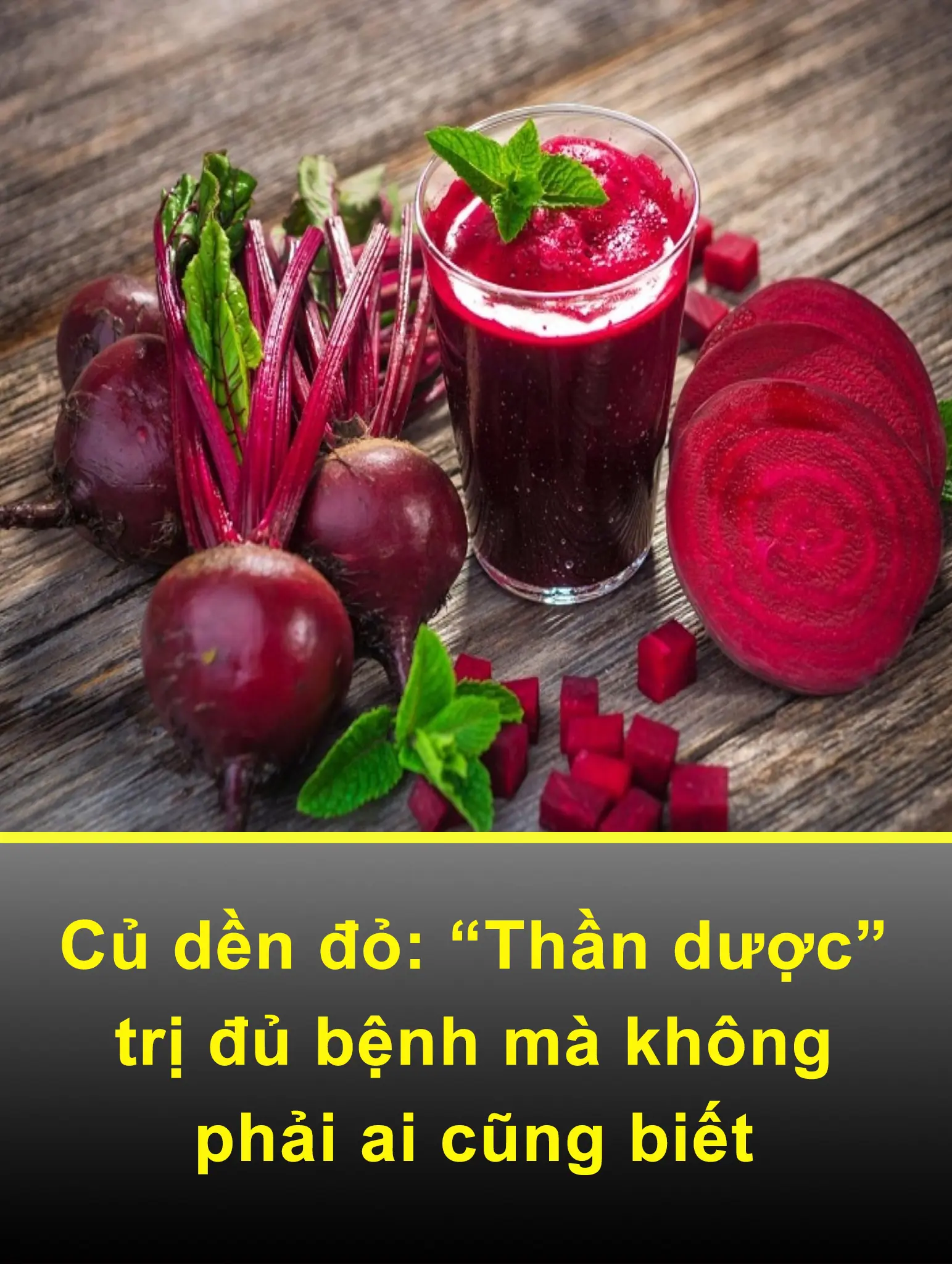
Red beetroot: "Miracle drug" that cures many diseases but not everyone knows 👇👇

The refrigerator gasket is moldy, use this to clean it, it will be clean in just 5 minutes

How to make chicken mixed with Vietnamese coriander that the whole family will love

The fruit that grows in gardens and is rarely eaten turns out to be an autumn 'miracle drug', better than ginseng and bird's nest.

It's been a long time since I've seen this plant. It has good effects but is hard to find.

5 types of water good for your kidneys: Especially the first type, it's free and the more you drink it, the longer you live.

How to wash hair with betel leaf water helps reduce hair loss and makes new hair grow continuously
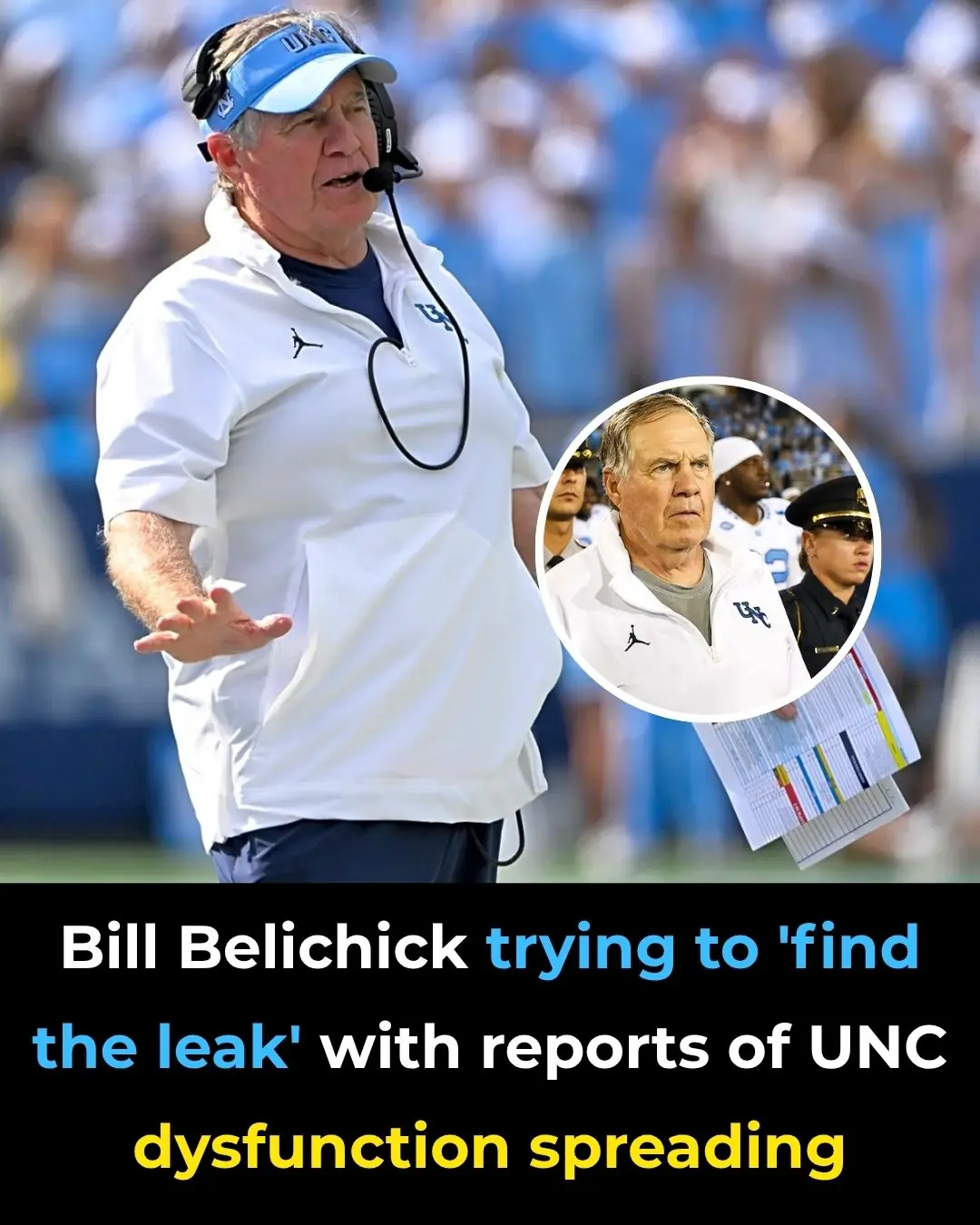
Bill Belichick trying to ‘find the leak’ with reports of UNC dysfunction spreading
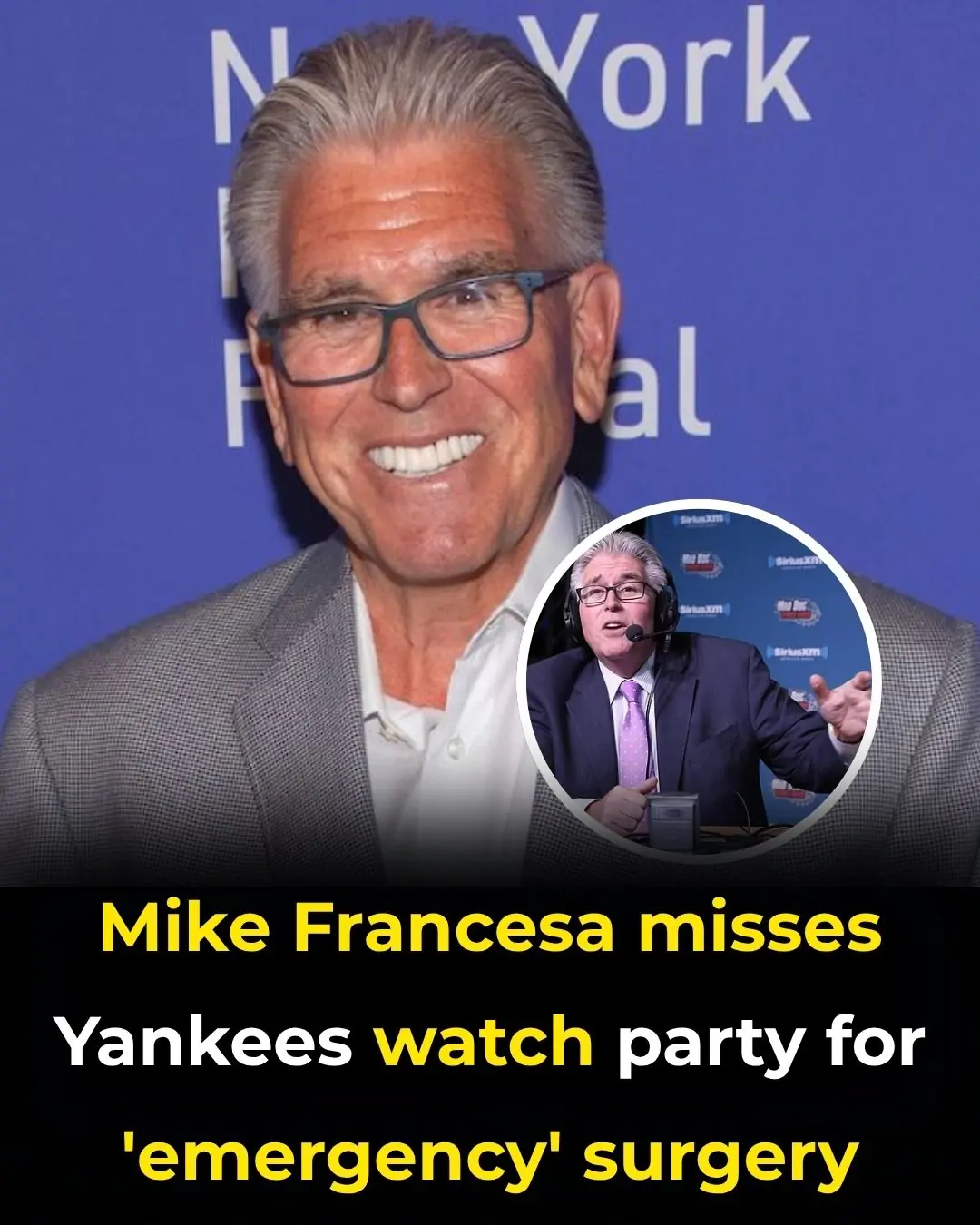
Mike Francesa misses Yankees watch party for ‘emergency’ surgery

Taylor Swift’s floral ‘Late Night With Seth Meyers’ outfit is covered in Easter eggs

When to Worry About Veins That Appear Out of Nowhere
